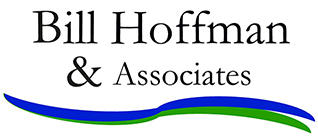Questioning the value of fund-raising for public K-12 schools is akin to questioning the value of private donations to public higher education institutions. There was a time when public colleges were funded by tax dollars and tuition alone and the need for private funding was questioned. That thinking has changed.
Private groups raised $230 million from their communities to help the poorest schools and students.
The most equitable source of supplemental money is not parent fund-raising, it is nonprofit groups whose goals are to help the community as a whole. Many education foundations throughout the country – serving as IRS-recognized 501(c)3 nonprofits – are reaching out to their communities to garner support for their local schools. This is often done in the same systematic and professional way that colleges and universities seek support (albeit on a much smaller scale). There are well organized networks of education foundations in many states successfully bringing in private resources. Last year the top 100 education foundations in the nation raised over $230 million which was used to support local K-12 public schools.
The majority of support is not from parents for their individual schools, but from the community as a whole (often the business community) for the poorest schools and students in the school district. The community understands that their economic viability is directly tied to the quality of their high school graduates and they want to raise the level of the entire system with their support. This support goes to as wide a variety of programs in the schools as the local needs dictate. There is flexibility in the private funding which public dollars typically do not have.
However, private support for public schools does not reduce the need for, nor is intended to replace, public support through tax dollars. One of the unique aspects to our democracy is the ubiquitous nature of K-12 public education and that needs to continue to be well funded and supported.
Published at: The New York Times

